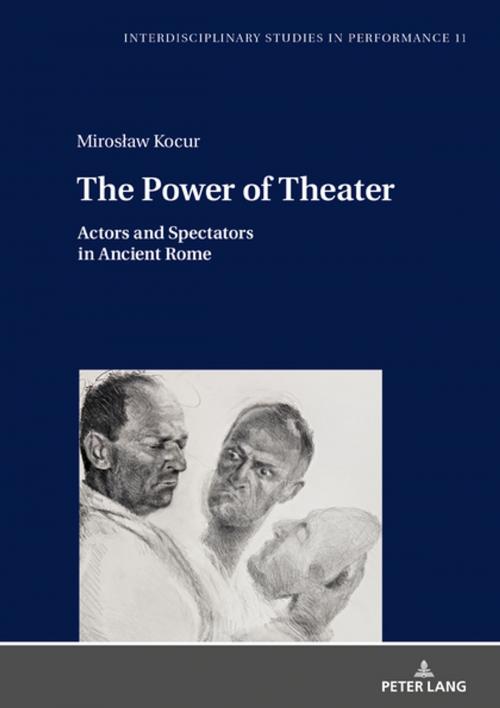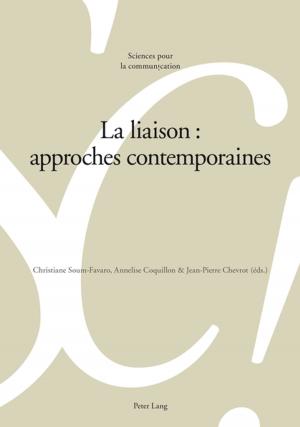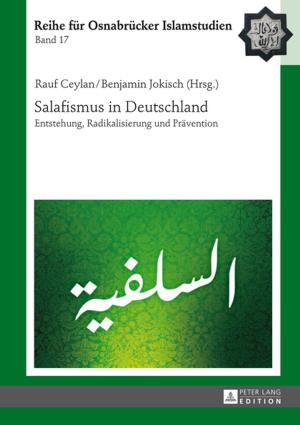The Power of Theater
Actors and Spectators in Ancient Rome
Nonfiction, Entertainment, Theatre, Performing Arts, Art & Architecture, General Art| Author: | Miroslaw Kocur | ISBN: | 9783631709573 |
| Publisher: | Peter Lang | Publication: | November 23, 2018 |
| Imprint: | Peter Lang GmbH, Internationaler Verlag der Wissenschaften | Language: | English |
| Author: | Miroslaw Kocur |
| ISBN: | 9783631709573 |
| Publisher: | Peter Lang |
| Publication: | November 23, 2018 |
| Imprint: | Peter Lang GmbH, Internationaler Verlag der Wissenschaften |
| Language: | English |
This book examines performative practices of the ancient Romans, and provides fresh insights into the contexts of the Roman theater. Today the ancient theater is associated more with Greece than with Rome. However, the Romans went to the theater more often than the Athenians. In fact, the entire Eternal City was a vast stage for numerous performances not just by politicians, leaders, orators, and emperors, but also by common citizens. The author suggests that we look at Rome as a theater, one in which everybody, depending on circumstances, could be a performer. This book reconstructs the art of the Roman spectacle, and – based on detailed analyses of rich and varied source materials – extensively discusses the behavior of audiences and the little-known practices of actors, such as the performers of Atellan farces, pantomimes, and mimes. The reader also gains an insight into the most recent research on the Roman theater.
This book examines performative practices of the ancient Romans, and provides fresh insights into the contexts of the Roman theater. Today the ancient theater is associated more with Greece than with Rome. However, the Romans went to the theater more often than the Athenians. In fact, the entire Eternal City was a vast stage for numerous performances not just by politicians, leaders, orators, and emperors, but also by common citizens. The author suggests that we look at Rome as a theater, one in which everybody, depending on circumstances, could be a performer. This book reconstructs the art of the Roman spectacle, and – based on detailed analyses of rich and varied source materials – extensively discusses the behavior of audiences and the little-known practices of actors, such as the performers of Atellan farces, pantomimes, and mimes. The reader also gains an insight into the most recent research on the Roman theater.















